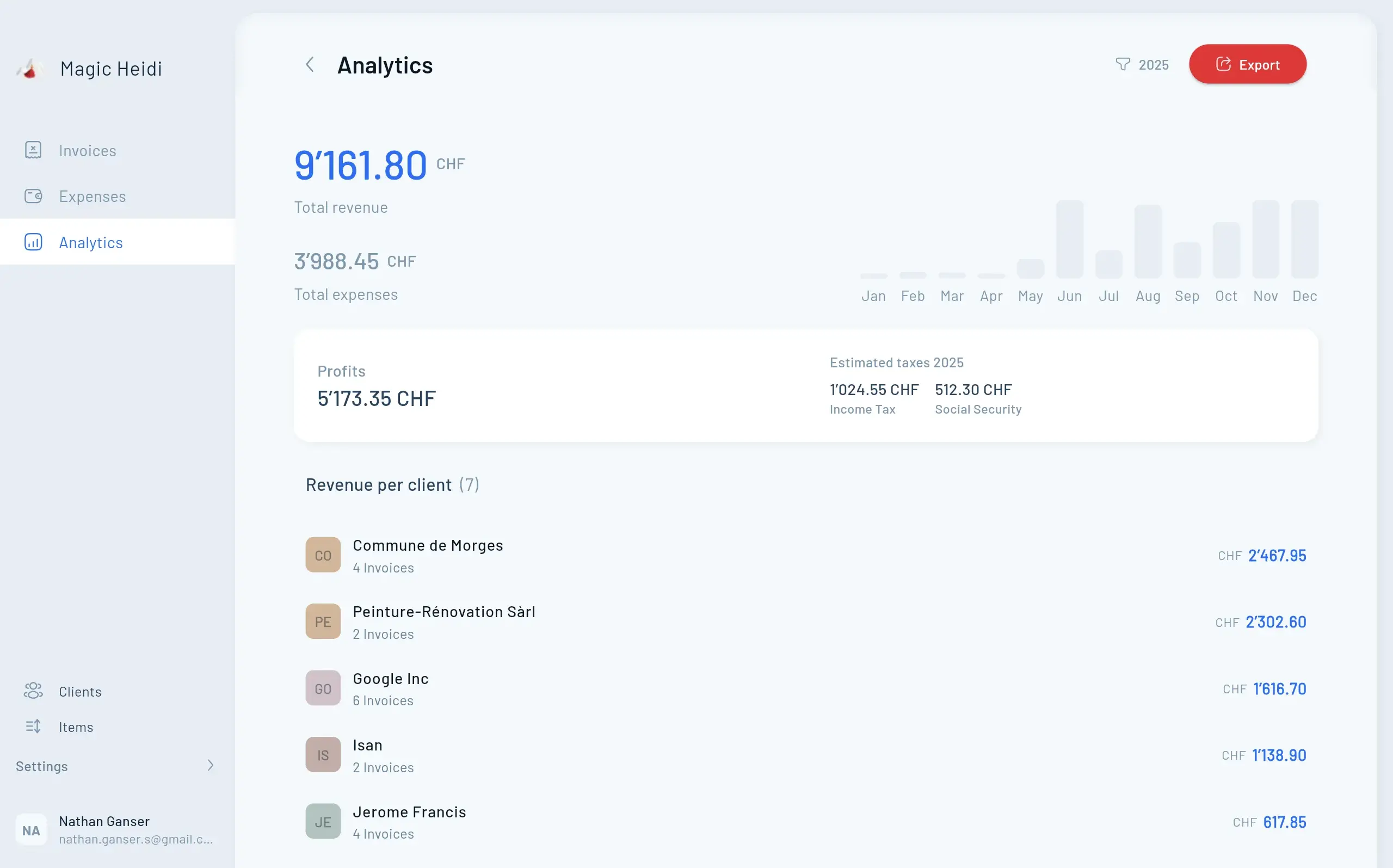Considering Freelancing
Critical timeline for protecting your unemployment insurance eligibility
- 3 months before: Verify unemployment insurance contributions
- Build emergency fund to 6 months minimum
- 1 month before: Obtain comprehensive work certificate
- First month freelancing: Set up bookkeeping and evaluate insurance





